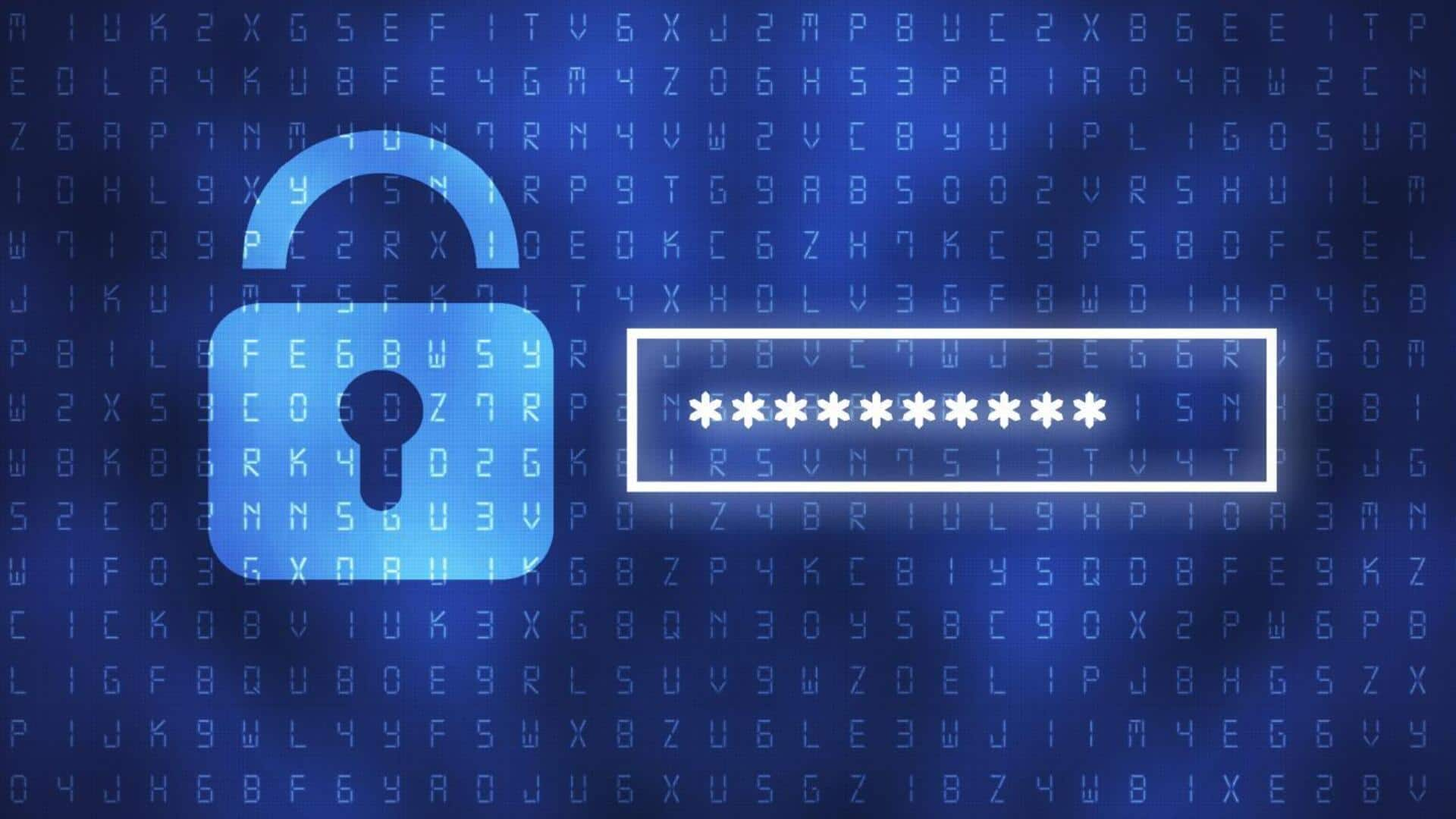
10 most common passwords you should stop using immediately
What's the story
NordPass, a popular password manager, has released its annual list of most commonly used passwords. For the second year in a row, "123456" has topped this list. This simple number has ruled NordPass's list five times in six years, only being beaten by "password" in 2022. The list offers a unique insight into how people go about creating their security codes. Many of these can be cracked by hackers in seconds, which is why you should choose more complex ones.
Information
Top 10 most common passwords
The top 10 most common passwords, as per NordPass, include "123456," "123456789," "12345678," "password," "qwerty123," "qwerty1," "111111," "12345," "123123," and the word "secret" itself. The list was created using a 2.5TB database of publicly available sources, including dark web data.
Password trends
Personal interests and names influence password choices
The NordPass list also showed that a lot of people use their interests or names to create passwords. This includes "iloveyou," "pokemon," "naruto," "samsung," and "minecraft." Some even use their own names or those of others as passwords, like "michelle" or "ashley." However, despite these trends, the report stresses that even complex-looking passwords like 'P@ssw0rd' can be cracked in less than a second.
Global patterns
Country-specific password preferences
The study also emphasized country-specific trends in password selection. In the UK, "liverpool" is a popular choice, while Australians often use "lizottes," a nod to a local restaurant and live music venue. In Finland and Hungary, the words for 'password' in their respective languages - "salasana" and "jelszo" - are commonly used. These findings highlight the cultural influence on password creation habits worldwide.
Process
How to create a strong password?
To create a strong password, combine uppercase and lowercase letters, numbers, and special characters in a random sequence. Aim for eight to 12 characters in length, and consider using a passphrase—a string of random words or a sentence that's easy for you to remember but hard for others to guess. Avoid personal information such as your name or birthdate, common words, and easily guessable patterns. Use a password manager to securely store and generate complex passwords for extra security.